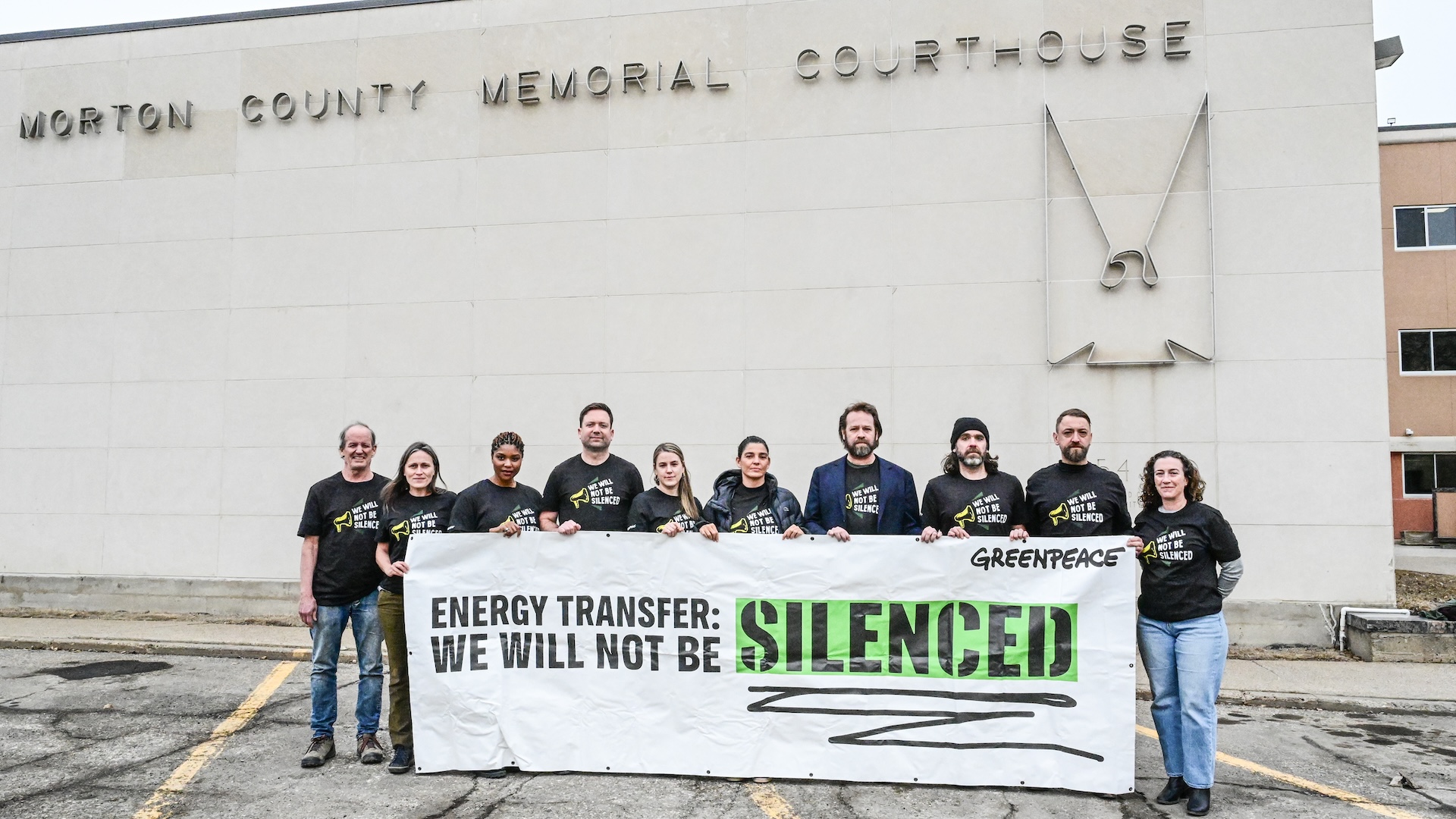Greenpeace Owes an Oil Pipeline Company More Than Half a Billion Dollars
Photo by Stephanie Keith/Greenpeace
A nine-person jury in North Dakota awarded $660 million to one of the largest oil and gas pipeline companies in the country on Wednesday. On the hook for that sum: Greenpeace.
-

-

-

-

-

-

-

-

-

-

-

-

-

-

-

-

-

-

-

-

-

-

-

-

-

-

-

-

-

-

-

-

-

-

-

-

-

-

-

-

-

-

-

-

-

-

-

-

-

-

-

-

-

-

-

-

-

-

-

-

-

-

-

-

-

-

-

-

-

-

-

-

-

-

-

-

-

-

-

-

-

-

-

-

-

-

-

-

-

-

-

-

-

-

-

-

-

-

-

-

-

-

-

-

-

-

-

-












































































































